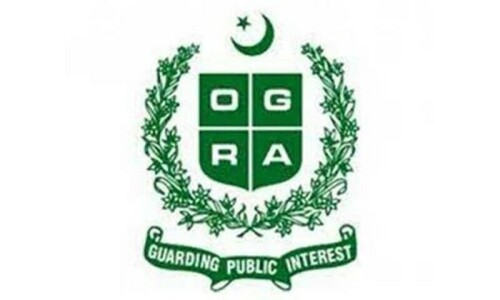ISLAMABAD: Amid poor utilisation of funds in the transport sector, the Asian Development Bank (ADB) has agreed to convert a four-lane highway under the China-Pakistan Economic Corridor (CPEC) into a six-lane motorway to absorb ‘savings’ secured in the contract award.
In its annual review of the Country Partnership Strategy (CPS) 2015-19, the ADB has shown dissatisfaction at the slow drawdown from the Multi-tranche Financing Facility (MFF) of the National Trade Corridor Highway Investment Programme (NTCHIP) and identified it as one of the main challenges.
This resulted in reduced benefits from the financing facility. There were also problems with involuntary resettlements. Key challenges here included slow implementation, issues with the methodology of assessment and its compatibility with ADB systems, longer time used to prepare land acquisition and resettlement plan. Also, the displaced persons complained about lower assessments of their land values compared to the market price.
ADB has shown dissatisfaction at the slow drawdown from the multi-tranche financing facility
The bank roadblocks exist due to weaker contract and construction management. There are intertwined issues like delay and reluctance in undertaking contractual decisions by the National Highway Authority, management consultants and contractors.
Nevertheless, there was a substantial non-contracted amount available in $200 million co-financing of the ADB and Department for International Development of the United Kingdom for two contracts of Hasan Abdal-Havelian Expressway.
The loans became effective in November 2014 and the only civil works contract under this tranche was awarded in December 2015, albeit with substantial ‘savings’ to bid prices lower than the engineer’s estimate.
The ADB has approved the use of ‘savings’ to widen the highway from four lanes to six lanes, including structures and pavements. The National Highway Authority (NHA) had to process variation orders to all three contracts by June 30 to cover the additional two lanes.
Under the CPS 2015-19, the ADB is supporting the development of the National Trade Corridor through construction and rehabilitation of selected national highways and provincial roads along with more efficient border services at three key border-crossing points — Chaman and Torkham (bordering Afghanistan) and Wagah (bordering India).
The promotion of road safety has to be achieved through the enforcement of international engineering standards, safety audits and provision of training. ADB’s investments are available for urban transport, like rapid bus transit systems in Karachi, Peshawar and Punjab, and also to support the government’s reform agenda to revitalise the Pakistan Railways.
The MFF for the NTCHIP was approved in 2007 with the financing facility of $900m available for 10 years. Under the project, the construction of a 58-kilometre four-lane motorway from Faisalabad to Gojra — a part of the Faisalabad-Khanewal Motorway — has been completed with substantial delays due to resettlement issues. The project has reduced the average travel time from two hours to one hour besides reducing the freight cost, road accidents and road maintenance deficit.
The funding has helped restore 793km of national highways and 913km of provincial roads in Sindh that were affected by floods.
The ADB is also financing parts of the Central Asia Regional Economic Cooperation (CAREC) Regional Improving Border Services (RIBS) project to remove key bottlenecks for the movement of goods and people through Torkham, Chaman and Wagha in Pakistan.
As part of CAREC’s initiative for trade facilitation, the project will help CAREC countries take advantage of more efficient trade routes through Pakistan and, reciprocally, encourage Pakistan to play a strategic role in creating a larger regional market for intra-CAREC and inter-CAREC trade.
Published in Dawn October 8th, 2016













































